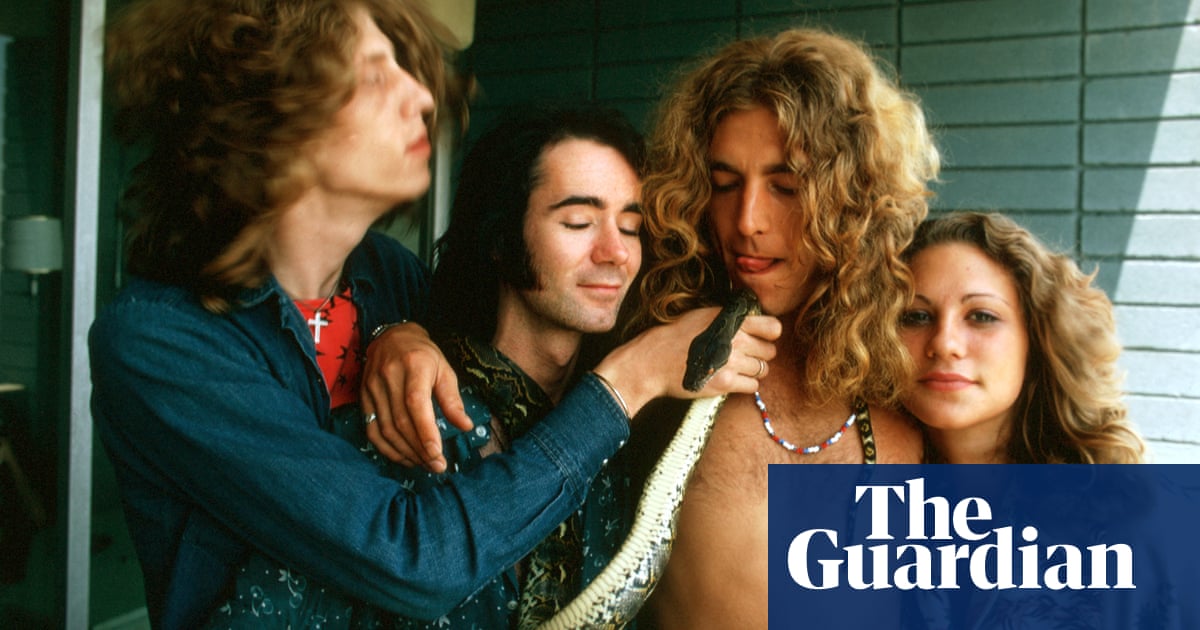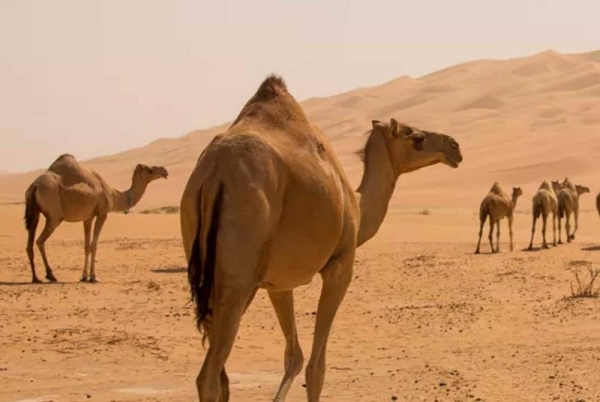
Arab News reporter went off the grid for a day to find out its impact on one’s life and she found it ‘therapeutic’
It’s reassuring to know that if the internet goes down, I won’t starve or die of boredom — there’s plenty to do offline
RIYADH: Being a millennial, my first reaction to this assignment was one of skepticism. I, like most people I know, rely on the internet for almost everything, and the idea of functioning without it for a whole day did not thrill me.
Just take Google: “How to freeze egg whites,” “how to get tomato sauce out of a white shirt,” “what’s the difference between white, red, and yellow onions,” and “where can I legally watch The Office in Saudi Arabia” are just one hour’s worth of questions in my search history. (For the record, The Office is streamable on Amazon Prime Video. You’re welcome.)
But for the sake of journalism, I decided to take on the challenge. I spent 24 hours on Wednesday completely internet-free. Here’s how it went.
The rules:
Since it was Ramadan, and my sleeping hours were skewed, I decided to observe my internet “fast” from Fajr (dawn) on my day off to Fajr the next day. I disabled my laptop’s internet, turned off Wi-Fi and data services on my phone, and told my friends and family I would be offline for the day. They could call, they could send texts, but WhatsApp, social media, and everything else would be forbidden.
I could do anything I liked for work and entertainment, but using the internet was strictly off-limits. So no social media, no Netflix, and worst of all, no Googling recipes.
The cons:
I’ve been watching a sitcom on a binge, The Nanny on Amazon Prime and I had to interrupt my streak.
Then forgetting how much baking soda I was supposed to put in the water while making soft pretzels led to a kitchen catastrophe.
Another blow was not joining my siblings to watch a movie on Netflix. I instead went to the piano and re-enacted Eric Carmen’s 1975 song “All By Myself” even though I don’t play the piano and can’t sing either.
I also had to put off writing an article because I needed the internet for research. Now I’m behind on my workload. That’s not a major con because there’s virtually no chance of catching up to one’s workload in journalism; now I’m just even more behind than usual.
After 24 hours of being offline, I turned data back on and my phone was bombarded by emails, WhatsApp messages, Facebook and Twitter notifications and Instagram likes. I also missed an important work email from someone who can’t have been informed about my assignment.
The pros:
Times are tough with coronavirus hanging over all our heads, and working in the news industry makes it especially hard to avoid reading about the developments. Getting a break from all the negativity was incredibly therapeutic, even just for a day.
I’m in the bad habit of collecting cookbooks, but I run to Google as my go-to-guide when I need something. I spent the evening flipping through some of my favorite chefs’ books, including one by the renowned French chef and culinary writer Georges Auguste Escoffier that I’ve owned for more than a year now and have only just cracked open. It inspired me to make sahoor (late dinner before fasting) for my family by cooking the most perfect fluffy omelets I’ve ever made.
HIGHLIGHTS
• During the 24-hour challenge, I was not allowed to use WhatsApp and social media.
• Only calls and text messages were allowed.
• Netflix and other streaming services were strictly forbidden.
• The challenge, however, helped reconnect with old friends and family members.
Another pro was getting to call a few friends I haven’t spoken to in a while. It was really nice to hear their voices and to catch up.
Before my siblings ruthlessly excluded me from movie night, we played Scrabble, sitting around a board. I enjoyed it immensely, even though I lost. Spending less time staring at my screen all day made me sleep better than usual. And as an overworked journalist, I love a bit of sleep every now and then. Okay, a lot of sleep.
The verdict:
Detoxing for a day was incredibly comfortable. I would consider it a luxury, maybe once or twice a month, but I would definitely do it again.
Our reliance on the internet is on the heavy side, and social media is both a blessing and a curse — we should always remember that. It’s reassuring to know that if the internet goes down, I won’t starve or die of boredom — there’s plenty to do offline.
I’m considering setting aside one Wednesday every month as an offline day, ensure that everyone I work with is made aware of it, tell all my friends so they don’t bother me, and see what happens. But if I download an episode or two of my favorite shows from Netflix to watch before the detox, don’t tell anyone, okay?












